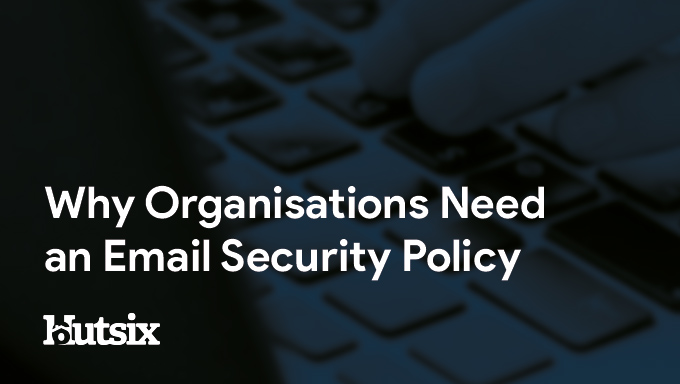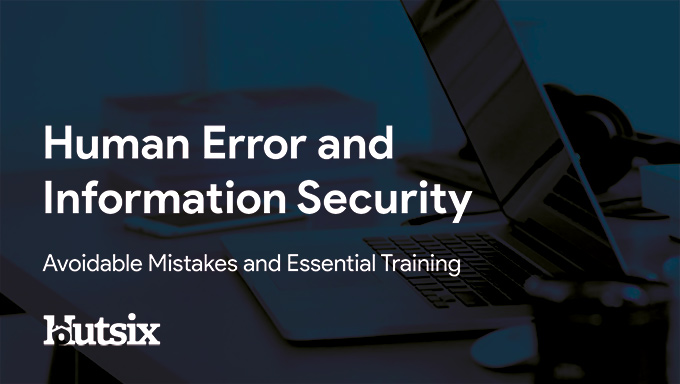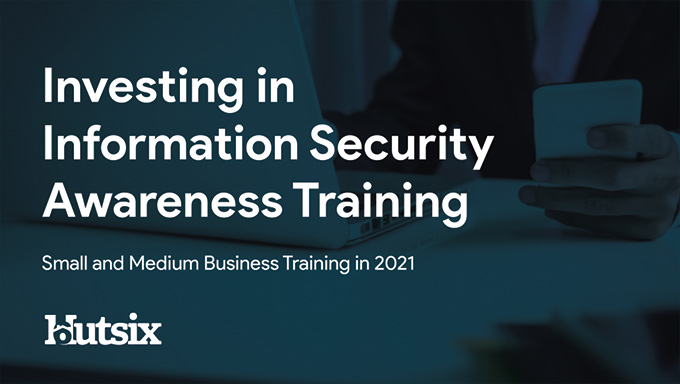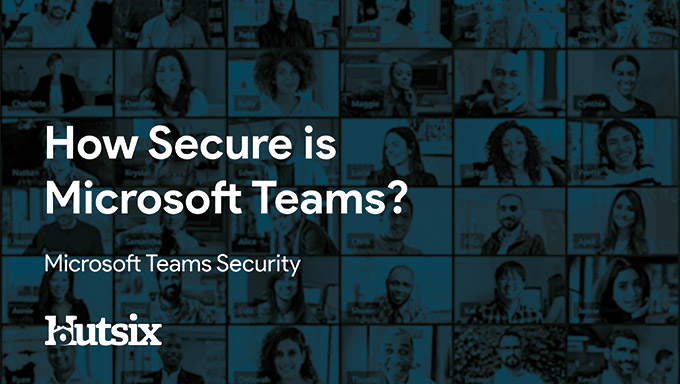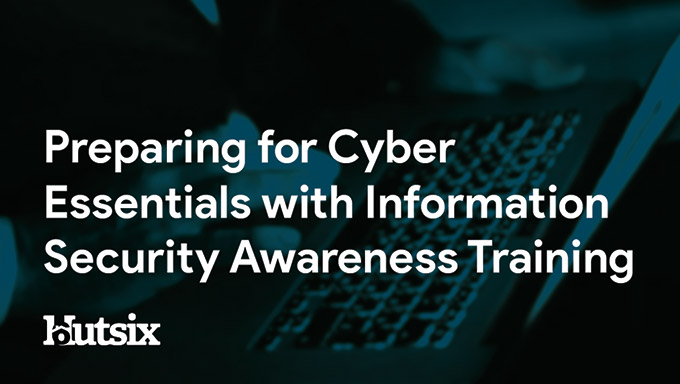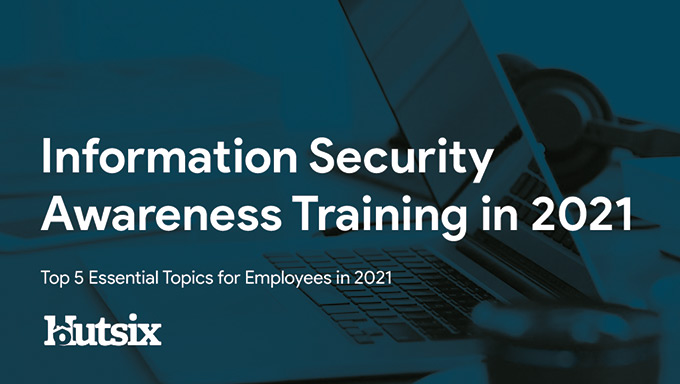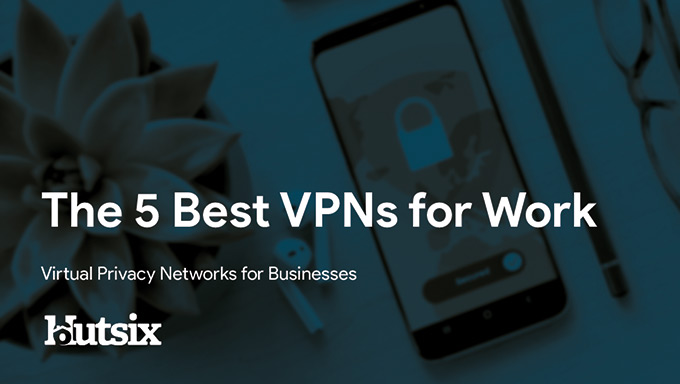InfoSec Round-Up May 21st

Pipeline Pay-out, Russia Denial & Crypto Scams
This is the Hut Six InfoSec Round-Up, where we look at some of the most pressing matters, latest trends, and industry news from across the world of information security.
Colonial Pipeline Pays Ransom
The Chief Executive Officer of Colonial Pipeline has confirmed that it has paid $4.4 million (£3.1 million) to the cyber-criminal gang behind the recent ransomware attack.
Speaking to the Wall Street Journal, CEO Joseph Blount confirmed the controversial decision, a response reportedly undertaken after having consulted with experts experienced in dealing with the DarkSide gang.
With operations temporarily halted, causing spiking fuel prices and shortages, the payment made to attackers did result in the company being supplied with a decryption key, though it is reported the company continued restoring its systems from their backups.
Colonial Pipeline, which carries around 45% of the US’s East Coast fuel supply, has estimated that the attack would ultimately cost the company tens of millions of dollars, and though control of their systems has been regained, a complete recovery will likely take months.
Speaking on the decision to pay the attackers, the Colonial Pipeline CEO noted, “I didn't make [that decision] lightly. I will admit that I wasn't comfortable seeing money go out the door to people like this.” Adding “But it was the right thing to do for the country.”
Russia Denial ‘Unconvincing’
Following statements made by Russia’s Foreign Intelligence Service (SVR) director, regarding the state’s involvement with the recent SolarWinds hack, the former head of GCHQ’s National Cyber Security Centre has described the denial as “unconvincing.”
Questioned this week by a BBC journalist, SVR director Sergei Naryshkin referenced the attack, stating that he could not “claim the creative achievements of others as his own”, even going as far to suggest that the attack may have been orchestrated by entities in the West.
The SolarWinds attack, which was uncovered late last year, has been described as the largest and most sophisticated cyber-attack in history, affecting organisations and government agencies across the world.
With those affected including Microsoft, the UK Ministry of Defence and the US Treasury Department, Professor Ciaran Martin (formerly of the NCSC) refuted the claims, citing “compelling” evidence that tactics, techniques, and tools used by the hackers matched “many years of SVR activity.”
Going further, Martin noted: “There is compelling evidence pointing to Russia. The targets they carefully selected and exploited… were mostly high value, high prestige, strategically important American targets. So, if it was America doing it to itself, why?” Adding “It doesn't make any sense.”
$80 Million Lost to Crypto Scams
The United States Federal Trade Commission (FTC) has reported that since October of 2020, over $80 million has been lost to cryptocurrency scams.
Having received around 7,000 reports, these figures represent a ten-fold increase across the last year, with research also specifying that impersonators of Elon Musk alone have pocketed more than $2 million in a six-month period.
With those between 20 and 49 years of age, five times more likely than older groups to report losing money to fraudulent crypto investment schemes, the FTC has provided advice on avoiding such scams.
Often lured in with promises of high-returns, one UK victim lost her entire life savings of £9,000 after having fallen to a scam which misled her into believing she could double her money in an online giveaway.
Julie Bushnell, a Brighton teacher stated on the loss: “I think about it every minute of every day... They have robbed me of my dignity, self-respect, self-worth and strength.” Adding “I want to raise awareness of this scam, so it doesn't happen to other vulnerable people”.
Thank you for reading this edition of Infosec Round-Up. Please be sure to subscribe to the Hut Six YouTube Channel to keep up to date with the latest news and see all our latest information security videos.
Security Awareness for your Organisation
Enjoyed our blog? Learn more about how Hut Six can help improve you security awareness with training and simulated phishing. Start a free trial now, or book a meeting with one of our experts.
Featured
Why Organisations Need an Email Security Policy
An email security policy is a document describing how an organisation's email system should, and most importantly, should not be used.
Human Error in Information Security
When Human Error is found in information security, it is often avoidable errors that allow much larger consequential problems to arise.
Investing in Information Security Awareness Training
Investing in Information Security Awareness Training - educating people against cyber threats should be considered essential for any organisation operating in 2021
How Secure is Microsoft Teams?
How Secure is Microsoft Teams? Information Security blog by Information Security Awareness solution provider Hut Six Security
Best Ways To Ensure Enterprise Data Regulation
Best Ways To Ensure Enterprise Data Regulation guest blog by technivorz.com and information security awareness solution Hut Six Security.
Writing a Disaster Recovery Plan
Writing a Disaster Recovery Plan: information security planning blog by information security awareness solution provider Hut Six Security.
What Policies Do I Need for a Security Program?
Security program policies blog by information security awareness training provider Hut Six Security.
Preparing for Cyber Essentials with Information Security Awareness Training
Security awareness training for Cyber Essentials blog by information security awareness training provider Hut Six Security.
Information Security Awareness Training in 2021
Information Security Awareness Training in 2021 blog by information security awareness training platform Hut Six Security
The Five Best VPNs for Work
What are the best VPNs for work? - VPN review blog by security awareness training provider Hut Six Security.

